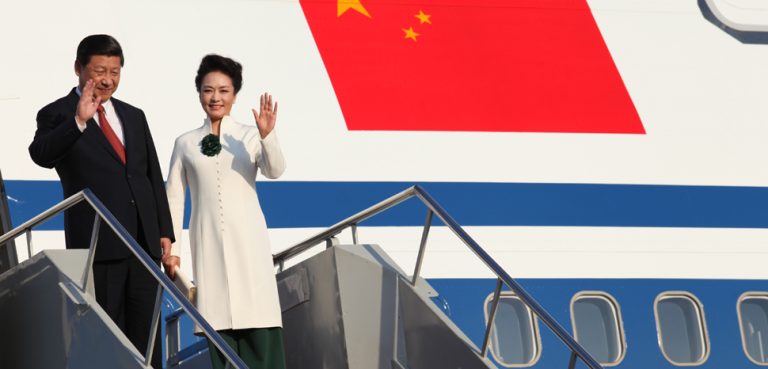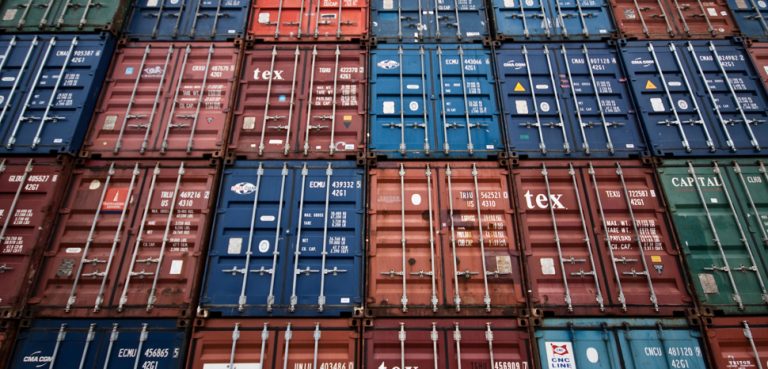The Third Plenum has historically been a pivotal meeting for the CCP, where long-term strategies and significant policy directions are discussed and set. China observers closely monitor these meetings to understand the government’s public-facing priorities and anticipated reforms. The Third Plenum’s decisions often reflect the CCP’s response to pressing domestic and international challenges, providing a roadmap for China’s economic and political trajectory.
Even in the absence of any major policy reforms, the takeaways from China’s Third Plenum offer useful insight into the Chinese Communist Party’s (CCP) internal priorities. In emphasizing three key themes – self-sufficiency, national security, and land reforms – Beijing is striking a balance between internal economic stability and the mounting pressures of great power competition.
China’s economy is feeling the weight of several internal and external pressures. Domestically, cash outflows and a slumping currency signal diminishing confidence and heightened market volatility. The yuan’s depreciation, accelerated by capital flight, underscores a broader sentiment of caution among investors. Amid a cooling in real estate transactions, Chinese investors have instead increasingly favored higher-yielding assets in alternative markets, particularly in the wake of the Evergrande collapse that triggered concerns of a wider contagion and asset bubble in China’s property market.




